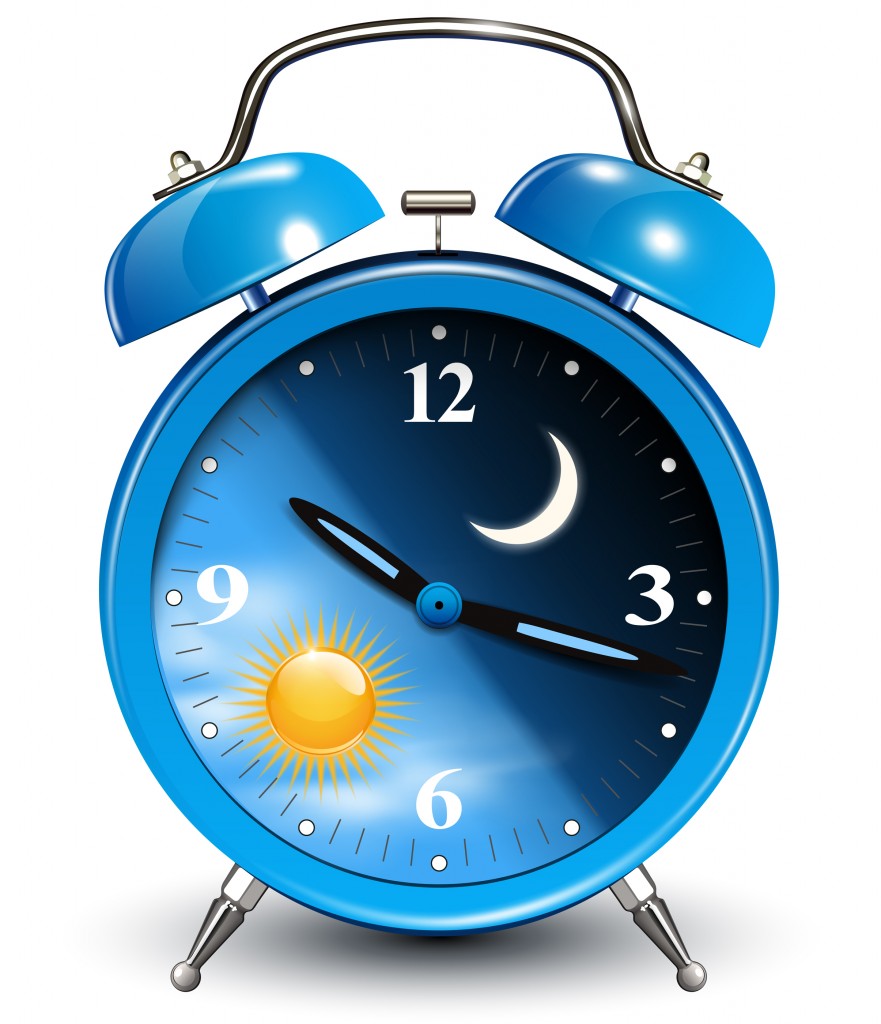 Do you know if you have a healthy sleep-wake cycle? In our tech-centric world, many people don’t. The good news is there are easy ways to make a positive impact on your sleep-wake cycle, which can help you produce melatonin when it’s time for bed, as opposed to during the middle of your day.
Do you know if you have a healthy sleep-wake cycle? In our tech-centric world, many people don’t. The good news is there are easy ways to make a positive impact on your sleep-wake cycle, which can help you produce melatonin when it’s time for bed, as opposed to during the middle of your day.
Let’s define what melatonin is, and examine some of the ways you can better control when it’s released in you body.
What is Melatonin?
Melatonin is a naturally occurring hormone that’s controlled within the body by light exposure, and it’s a key element in the regulation of a person’s sleep-wake cycle. Our brains typically secrete more melatonin in the evening when it becomes dark outside, making us sleepy. During the day, less melatonin is released because of daylight, causing us to be more awake and alert.
Modern-day Disruptions
These days, many people work in an office where there is no direct exposure to daylight. No windows means no sunlight, which can lead to more production of melatonin during the day. This is why so many people experience mid-day drowsiness. Then, when it’s dark outside, our eyes and brains get bombarded by the artificial light of televisions, computers and mobile devices — which can suppress our body’s production of melatonin and make it harder to sleep.
So as you can see, with the advent of modern culture and technology, we’ve got our sleep cycles pretty confused.
How to Reset Your Sleep-wake Cycle
Simple, effective strategies to get your sleep-wake cycle back on track include increasing your exposure to natural light during the day, and decreasing your exposure to light before you go to bed.
Ways to increase your exposure to light during the day:
- Remove sunglasses, especially in the morning
- Spend more time outside during the day. Take a walk during one of your breaks, or simply go outside and get some sunshine.
- Exercise outdoors, or try walking your dog during the day instead of the night.
- Fill your home or workspace with as much light as possible. Open those curtains and blinds! Moving your desk closer to a window is also an effective way to increase alertness.
- If you don’t have access to natural light, try a light therapy box. It can simulate sunshine and is especially helpful during the winter when daylight is in short supply.
Ways to boost melatonin production at night:
- Decide what time you want to go to sleep. If bedtime is 11pm, be sure to turn off all electronic devices by 10pm. At first, this may be difficult. Many of us have formed strong habits around these devices, so be kind to yourself as you develop new, healthier habits. In addition to lowering melatonin production, these devices can actually stimulate the mind, making you feel “wired,” even after a long day.
- Wind down you day with an audio book, an actual book, meditation, or by listening to music.
- If all of your books are electronic, and you must read on your mobile device, set the background to “night mode,” which essentially makes the background black and the text white.
- Change out bright light bulbs with softer ones with lower wattage — especially in your bedroom.
- When you go to bed, make sure your room is dark. The darker your bedroom, the better chance you have of sleeping well. To darken the room, cover electronic displays, use heavy curtains, or try a sleep mask.
We hope these tips help you have more productive days, and more restful nights.
If you liked this article, please follow us on Facebook for more health-related tips.
Thank you for visiting Natural Comfort Pillow!


